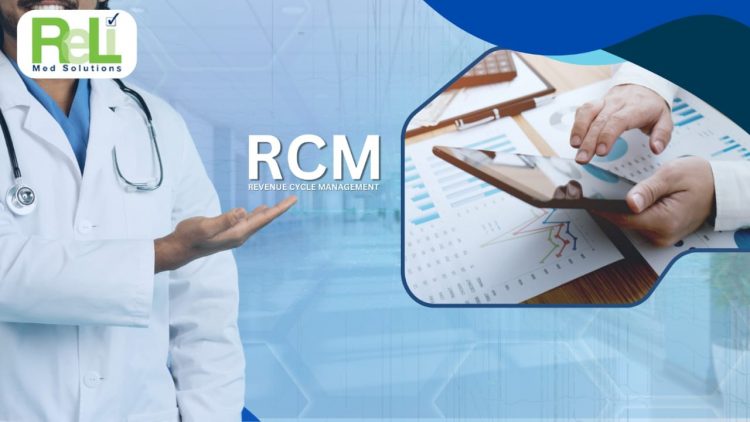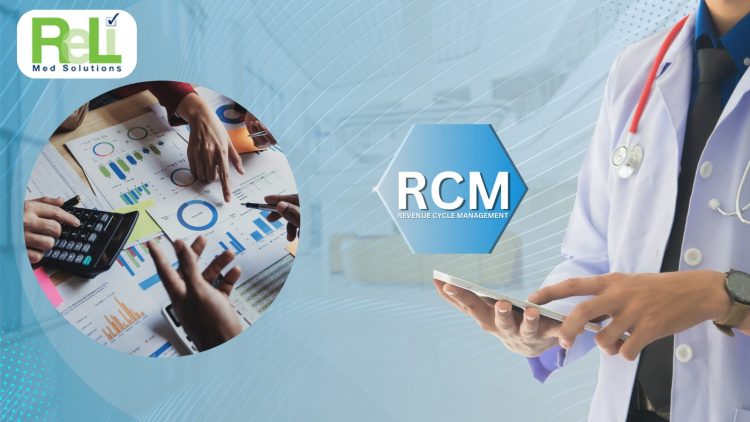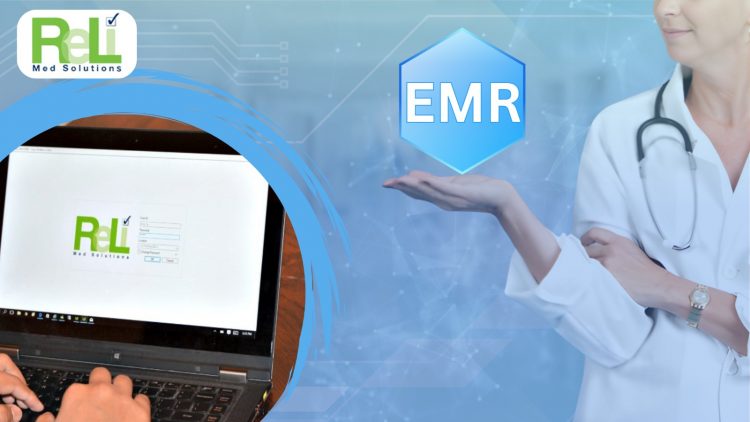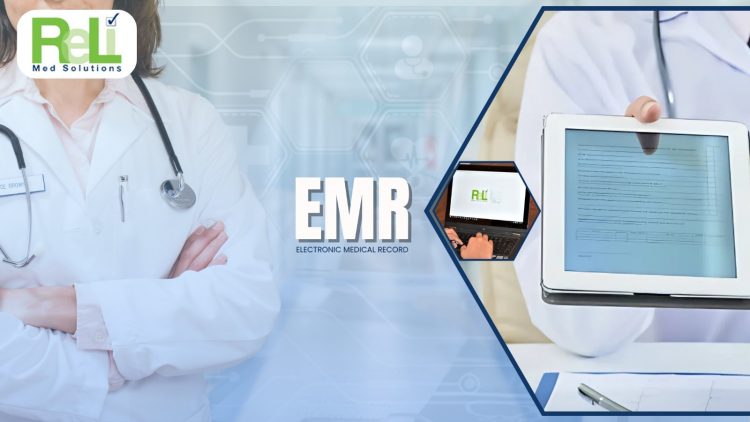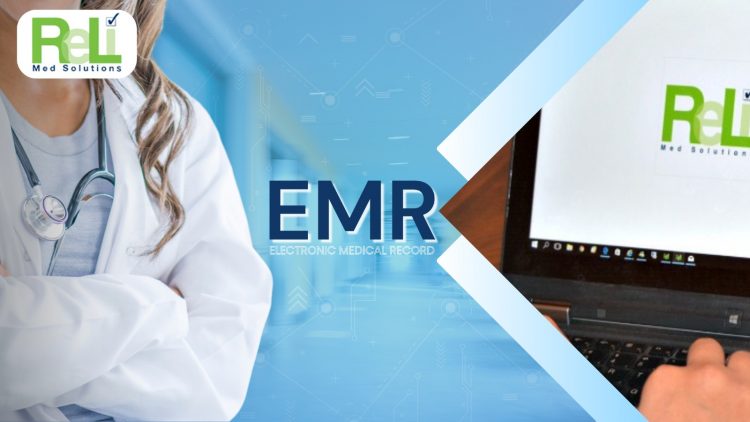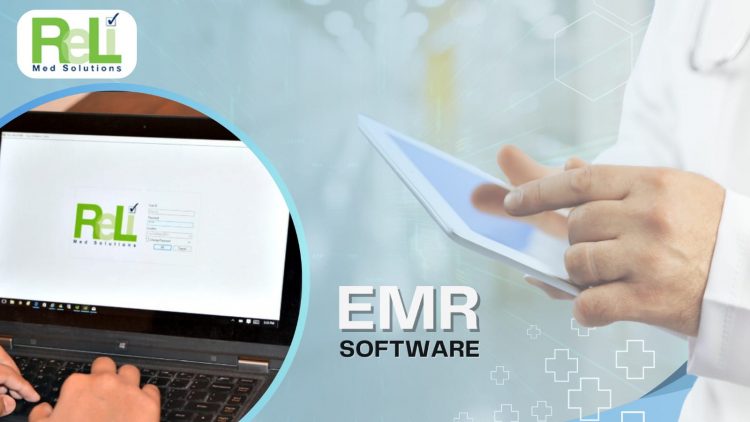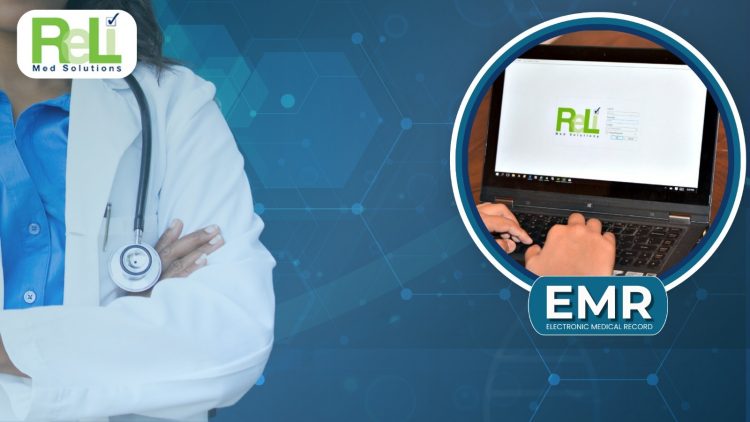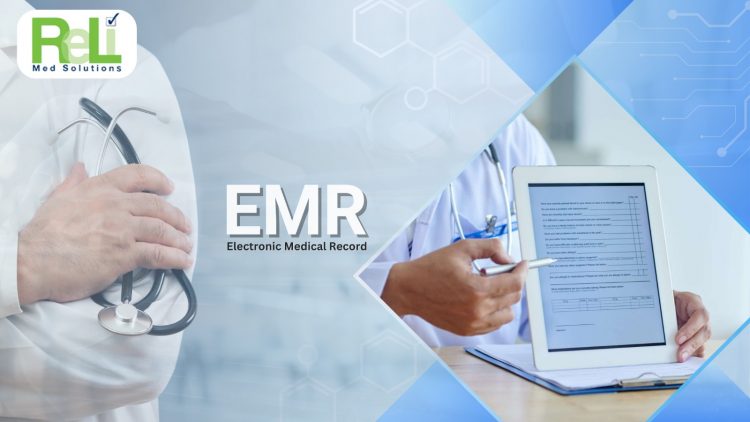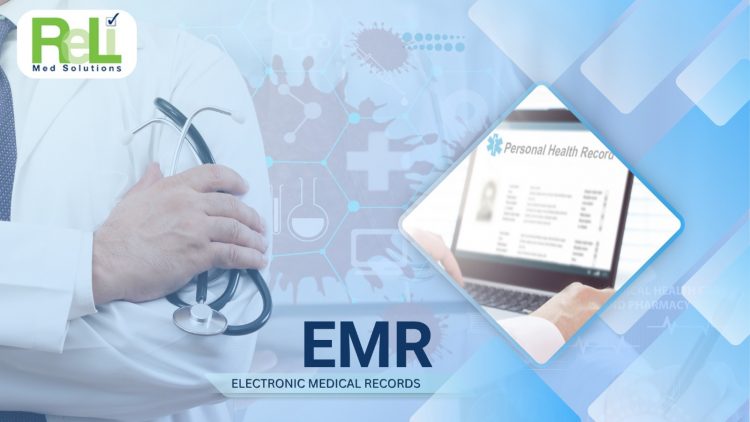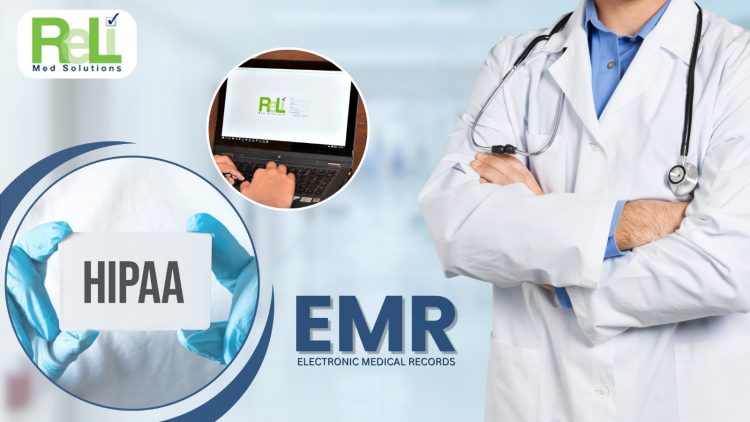Can EMR Software Features Make RCM More Beneficial for Small Practices?
RCM helps small practices to stay financially healthy by managing the Revenue cycle from patient visits, billing, and payments. It makes sure each step works smoothly so payments come in on time. With the right EMR software features, small practices can make this process easier by keeping billing and patient info in one system. EMR software does more than just store medical records; it also helps simplify RCM by reducing mistakes and delays in billing. If small practices start using these features, they will have a faster and simpler revenue cycle, improving their cash flow.
How does EMR Connect to RCM?
EMR and RCM connect in ways that make it easier for small practices to manage cash flow. Normally, EMR software for small practices stores patient details, but it can also link directly to billing, which speeds up the whole process. EMR software features bring patient data into billing and insurance checks, reducing common errors. So, because of this link, practices avoid billing problems and keep their cash flow smooth. When EMR and RCM work together, it’s easier for small practices to keep up with their financial needs.
Important EMR Software Features for RCM
EMR software features make a big difference in handling billing and payments smoothly. Here are some key features that help with RCM:
- Automated Billing: Automated billing speeds up the billing process and reduces human errors. Because it does not require as much manual work, the staff can focus on other tasks, making billing faster and easier.
- Error Detection: EMR systems spot common billing mistakes, like missing info or incorrect codes, and notify staff right away. Because of this, practices can fix these mistakes before sending the bill, which speeds up payments and reduces rejections.
Future of RCM for Small Practices: New Technology
The future of RCM for small practices looks bright with current growths in EMR and EHR technology. New tools like AI driven data analysis, predictive billing, and automated patient reminders make managing revenue cycles even easier. If small practices adopt these technologies, they will gain more accuracy and need less time for authority. AI driven tools can catch billing issues before they happen, allowing practices to fix them early. Predictive billing helps estimate patient costs ahead of time, so both patients and practices can be financially prepared. Because of these changes, small practices that use new EMR software will be stronger financially and work more efficiently.
Problems with Traditional RCM in Small Practices
Traditional RCM methods bring challenges to small practices, as they rely on manual steps that often cause billing delays and errors. These problems can disturb cash flow because mistakes or delays in billing slow down the revenue process. Small practices often have limited resources, so if they keep using old methods, they may see more rejected claims, making it harder to stay financially stable. However, by using EMR software for small practice, they can reduce these issues. Linked EMR & RCM systems lower errors and speed up billing, helping practices maintain steady revenue.
Why ReLi Med Solutions is the Best Choice for Small Practices?
ReLi Med Solutions offers EMR software for small practices that makes the revenue process easier. Also, ReLi Med Solutions provides automated billing, live security checks, and error capture tools that make the RCM process easier. Because of these helpful EMR software features, small practices can reduce errors, get claims to work correctly, and keep cash flow fixed. ReLi Med Solutions makes sure what small practices need and creates customized software to support them. So, if small practices choose ReLi Med Solutions, they will see better financial stability and can focus more on patient care.
EMR software features with RCM make managing cash flow smoother and faster for small practices. It does more than just store patient records; it improves how billing and payments are handled. With ReLi Med Solutions, small practices can use these EMR features to work more efficiently, do less paperwork, and keep their finances strong.

